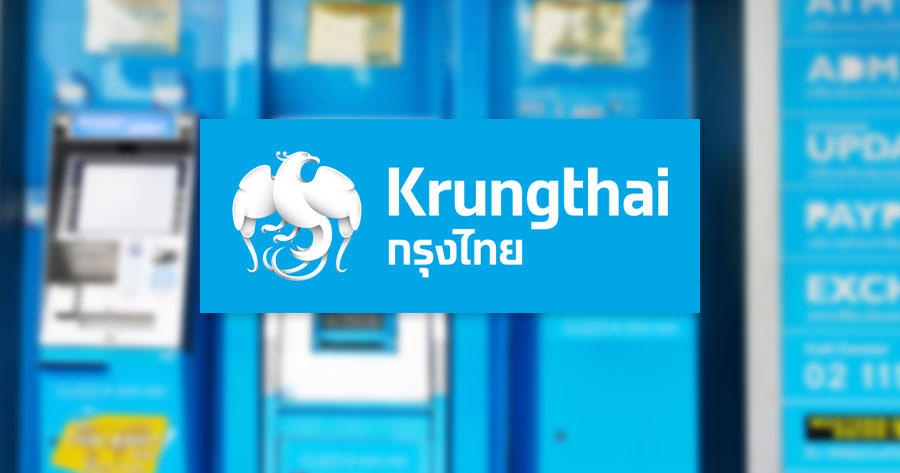Payong Srivanich, CEO of Krungthai Bank Public Company Limited (SET: KTB), announced that the bank, together with its consortium partners—Gulf Development Public Company Limited (SET: GULF), Advanced Info Service Public Company Limited (SET: ADVANC) under the name AIS, and the PTT Group via PTT Oil and Retail Business Public Company Limited (SET: OR)—is 100% ready to develop and operate a comprehensive Virtual Bank, should they receive the necessary license from the Bank of Thailand (BOT).
Regarding the overall loan disbursement outlook for 2025, Payong indicated that high uncertainties, such as the potential impact from the Trump tariffs policy, could lead to a slowdown in lending. Nevertheless, the bank is striving to maintain a continuous and cautious loan extension strategy, firmly committing to ensuring that its loan growth will not turn negative.
Payong noted that some major corporate borrowers have recently shown negative signals, which are not due to their own business conditions, but rather stem from adverse macroeconomic factors inhibiting growth. The bank continues to closely monitor these developments, and new loan approvals are being handled with increased caution.
Additionally, in his capacity as Chairman of the Thai Bankers Association, Payong shared insights from the Joint Standing Committee on Commerce, Industry and Banking (JSCCIB) meeting. The committee estimated that Thailand’s GDP growth for 2025 is likely to fall below previous projections, with growth expected at only 1.5-2.0%. This revision is attributed to slowing exports and declining private sector investment, particularly in the second half of the year.
The JSCCIB revised Thailand’s export forecast for this year down to a range of -0.5% to 0.3%, dropping from an earlier projection of 0.3% to 0.9%, while keeping the inflation outlook unchanged at 0.5-1.0%.
The JSCCIB also emphasized that for the economy to reach 2.0% growth, there needs to be effective, targeted economic stimulus measures. Notably, at least 70% of the government’s stimulus budget of THB 157 billion must be deployed promptly.
The committee also highlighted the urgency of expanding long-haul tourism markets, which have grown about 17% since the start of the year, to offset the declining numbers of Chinese tourists. Ensuring visitor safety to bolster confidence remains imperative.
Although economic growth for the first half of 2025 is projected to approach 3.0%, the second half could see growth dip below 1%, depending heavily on the outcome of US-Thailand trade negotiations relative to peer countries, as well as the potential surge in Chinese imports, which could significantly affect local business and employment.
Regarding the “Khun Su, Rao Chuay” (You Fight, We Help) debt relief initiative, the JSCCIB endorsed the extension of Phase 1 registration to June 30 and supported Phase 2, which will broaden eligibility—for example, by relaxing delinquency criteria for clients who underwent debt restructuring under the “Direct Payment, Retained Asset” scheme and by expanding the types of debt included in the “Pay, Close, End” approach, a measure for those with bad debt at a low amount.
Nevertheless, there is a clear need for additional long-term measures to support debtors, especially in terms of income generation and social welfare enhancements, so that individuals can rebuild economic capacity after the three-year support program ends. The goal is to ensure sustainable, long-term solutions rather than temporary fixes.
The Ministry of Finance is considering further expansions of the Khun Su, Rao Chuay program, emphasizing that revised terms should focus on reducing household debt burdens, particularly for vulnerable groups, and ensuring optimal integration and effectiveness of all measures.
Currently, the bank and its partners are finalizing details with the BOT and compiling the latest participant data for future program decisions, Payong concluded.





